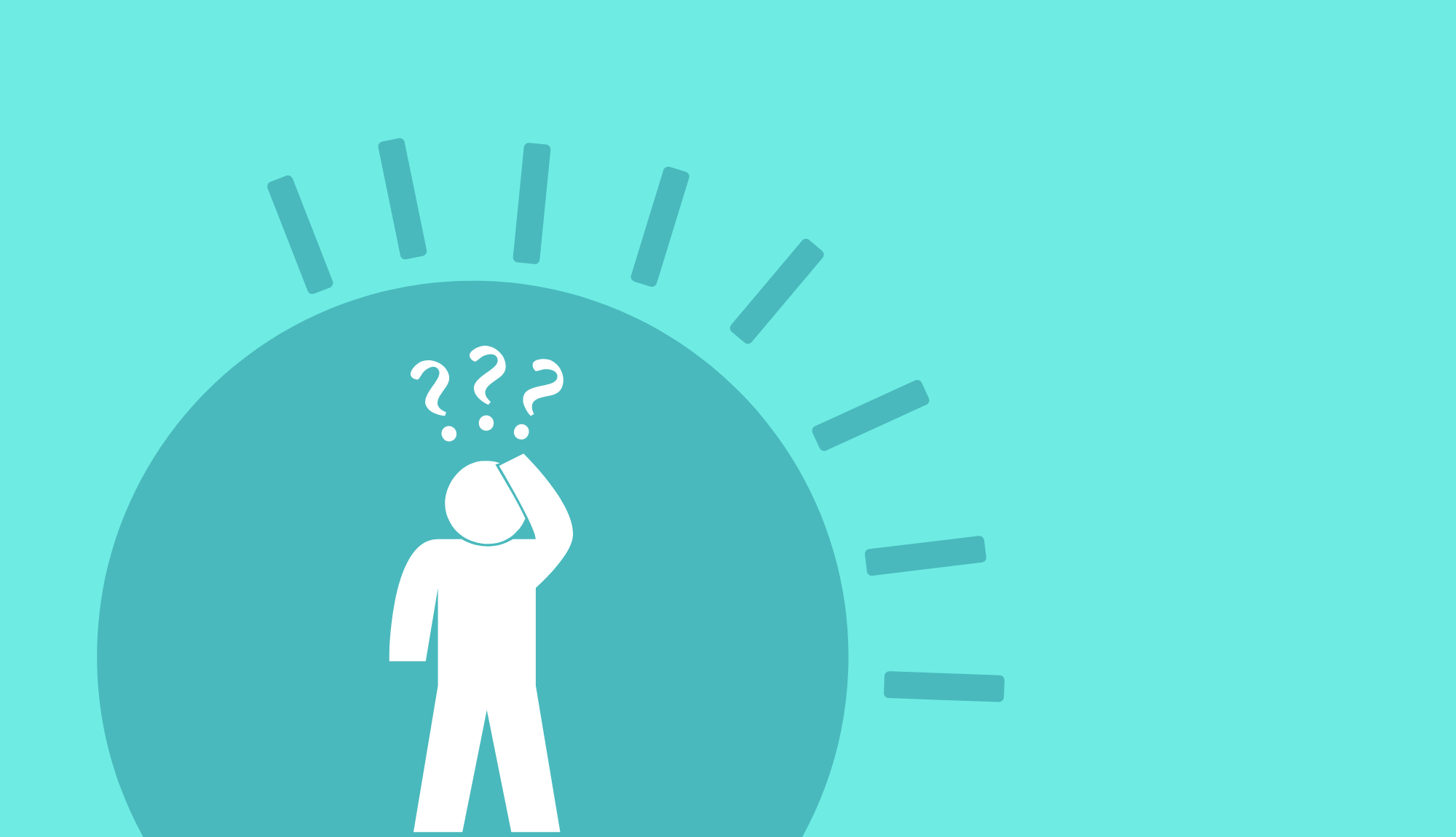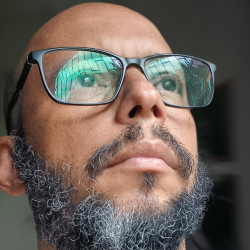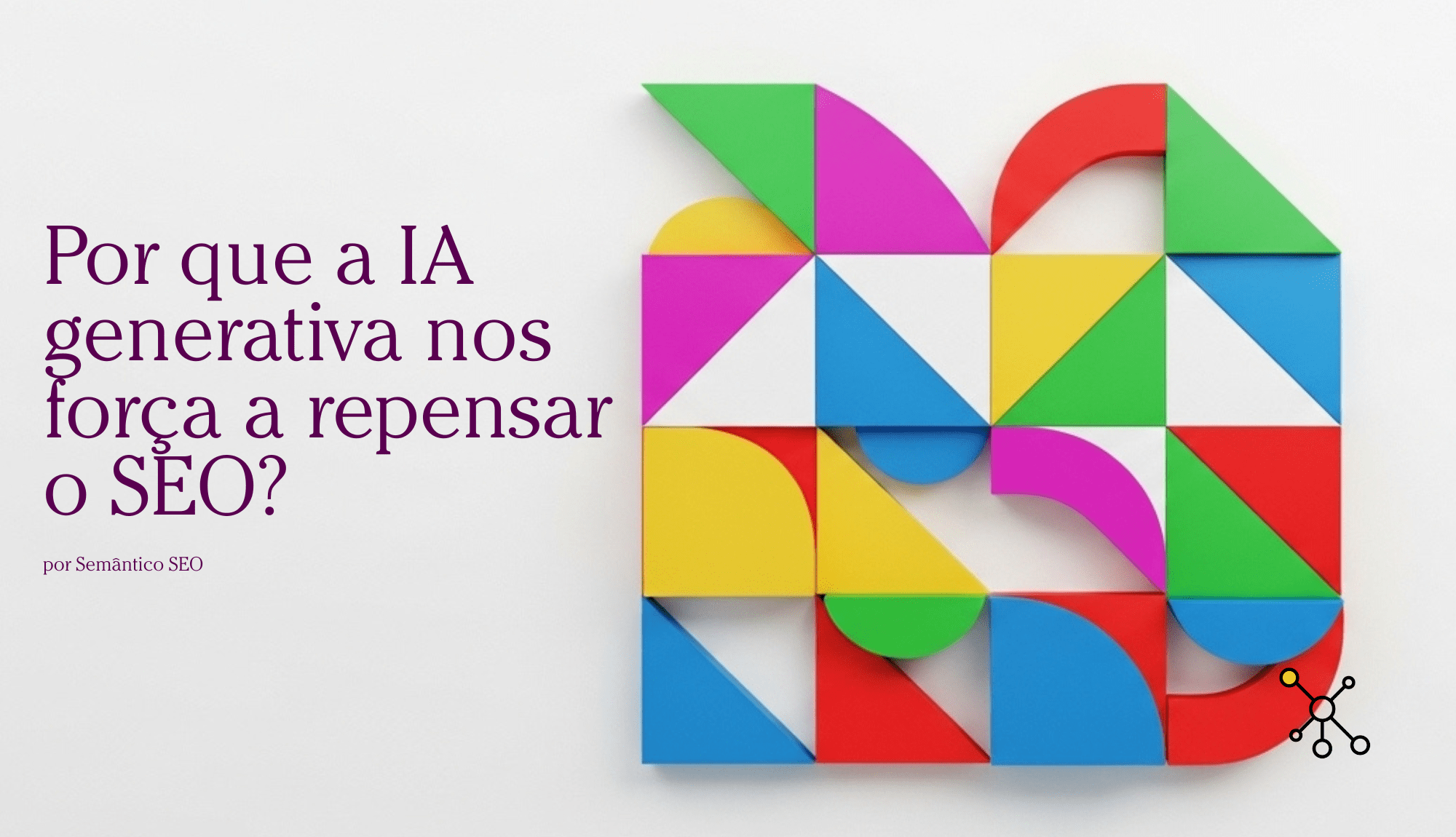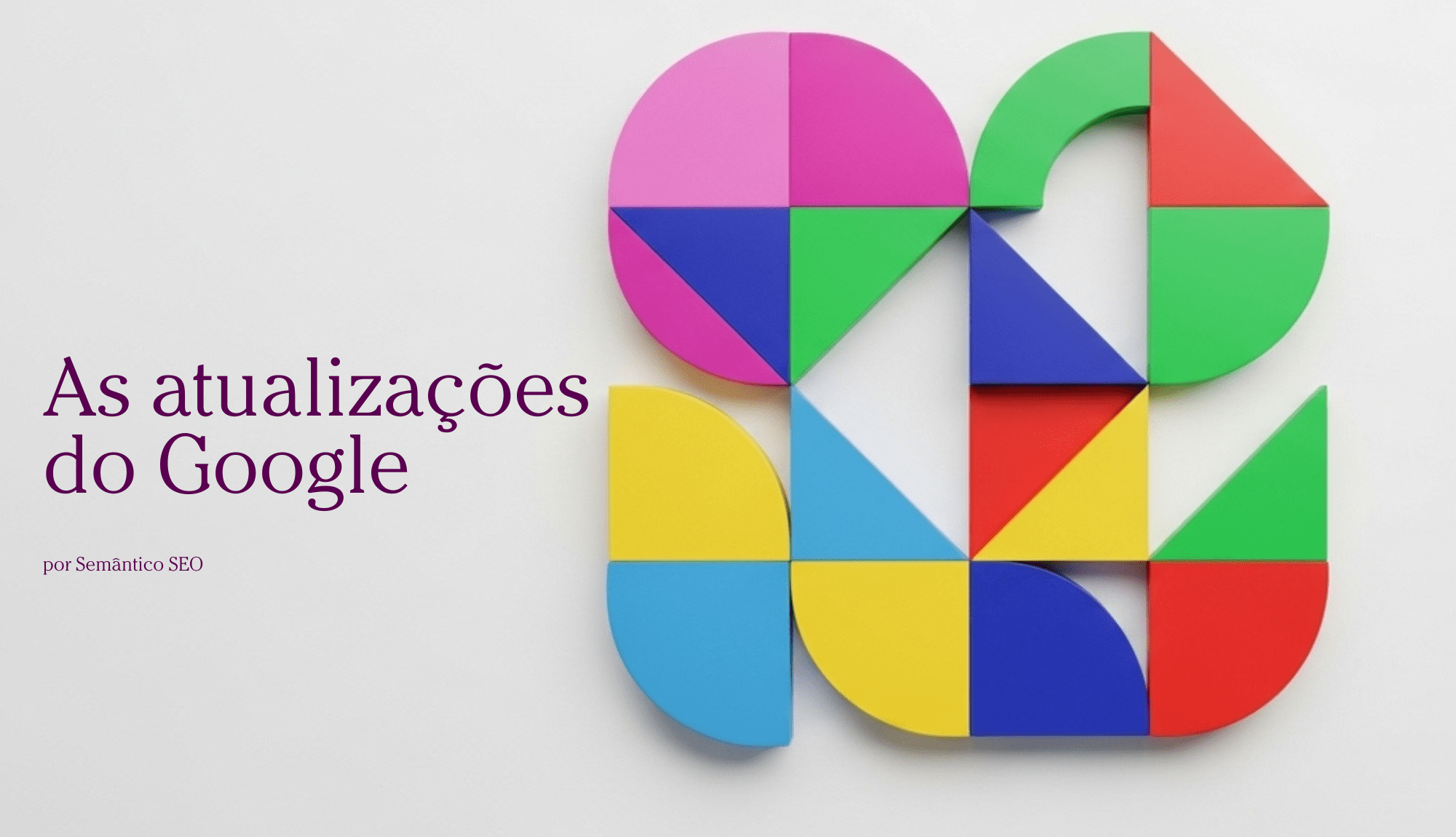Como trabalhar com o SEO?
Antes de responder como trabalhar com o SEO, quero que separe um tempo para assistir esse filme.
Nele você vai ter a história por trás de como o Google funciona. O SEO é independente de um buscador, mas hoje está muito conectado a essa estória. Por isso reserva 58 minutos para assistir. Te garanto, vai valer a pena.
Agora que você assistiu eu vou lhe responder em poucas palavras:
Como trabalhar com o SEO
Para trabalhar com SEO você precisa ter esse nível de vontade de resolver problemas, criar soluções para elas e principalmente criar ótimos conteúdos que entreguem a informação certa para a pessoa que a procura, no momento que ela procura.
Para começar a trabalhar com SEO você pode fazer isso em um projeto pessoal, um site de um amigo, ajudar um parente com o site dele.
Existem muitas maneiras de começar: fazendo um curso, lendo livros (eu comecei assim), entrando em comunidades ou simplesmente colocando a mão na massa.
Qual é o salário de um especialista em SEO?
Essa é talvez a pergunta mais complicada de responder, porque é prática das empresas não abri os valores dos salários para as funções que anunciam.
Segundo o site Glassdoor, o salário médio nacional de uma analista de SEO é de R$2.808. Já o portal vagas.com informa que para o mesmo cargo se inicia ganhando R$ 2.068,00 de salário e pode chegar a ganhar até R$ 3.659,00.
A média salarial para Analista de SEO no Brasil é de R$ 2.578,00.
Para um especialista SEO o salário médio nacional de Especialista é de R$9.092, segundo o Glassdoor.
O que é um especialista em SEO?
Na nomenclatura adotada pelo mercado brasileiro um especialista em SEO é um analista que tem mais experiência e geralmente gerencia um grupo de analistas. Ele pode executar as tarefas de análise e gestão, acumulando, em algumas empresas, a função de coordenador.
O que é um analista de SEO?
Um analista de SEO, segundo a minha visão da profissão, é aquele profissional que transita entre aspectos técnicos, analíticos, informacionais e semânticos, relacionados a melhoria de quaisquer projetos digitais e/ou online.
Qual a forma correta de iniciar um trabalho de SEO?
Não existe nenhuma formação em nível de graduação ou até mesmo técnica que vá lhe formar como um profissional em SEO. A maioria dos profissionais que trabalham com otimização vieram de formações relacionados ao Marketing, Publicidade e tecnologia.
Você não precisa fazer nenhuma faculdade para começar a trabalhar com SEO mas precisa desenvolver algumas habilidades importantes, como redação para Web, conhecimento técnico de desenvolvimento de sites (mas não precisa necessariamente ser um desenvolvedor), conhecer a fundo o funcionamento dos buscadores e algoritmos, análise de dados entre outras habilidades.
Algumas empresas de cursos, a maioria online, dão cursos sobre SEO.
Como eu nunca fiz nenhum curso, não vou poder lhe indicar algum deles. Na época que comecei a trabalhar com SEO não existiam cursos e eu aprendi de duas formas: trabalhando e seguindo um método de um livro: “Search Engine Optimization (SEO): An Hour a Day“.
Este livro, além de passar alguns aspectos teóricos e técnicos, me deu como iniciante um programa para seguir. Como está dito no nome do livro, tarefas curtas, uma hora por dia. Este livro está desatualizado, existem outros mais recomendados.
Os dois livros abaixo são o que eu vejo como mais atualizados e que podem ser pesquisados para comprar, caso queira:
SEO 2021: Learn search engine optimization with smart internet marketing strategies e The Art of SEO: Mastering Search Engine Optimization.
Qual o objetivo do SEO?
Fazer os buscadores adorarem o seu site.
Se você conseguir ajudar a criar (ou melhorar) projetos digitais, fazendo com que os buscadores usarem o seu conteúdo como referência para as buscas dos clientes dos seus clientes, você alcançou o objetivo do SEO.
Novidades na pesquisa para quem quer trabalhar com SEO
No Google I/O de 2021 encontrei esse pequeno vídeo de John Mueller. Nele Muller fala sobre as novidades na busca, não para quem já trabalha com SEO, mas com foco nos desenvolvedores que querem conhecer mais sobre a otimização de sites. Recomendo que você assista. Está em inglês.





Publicar comentário